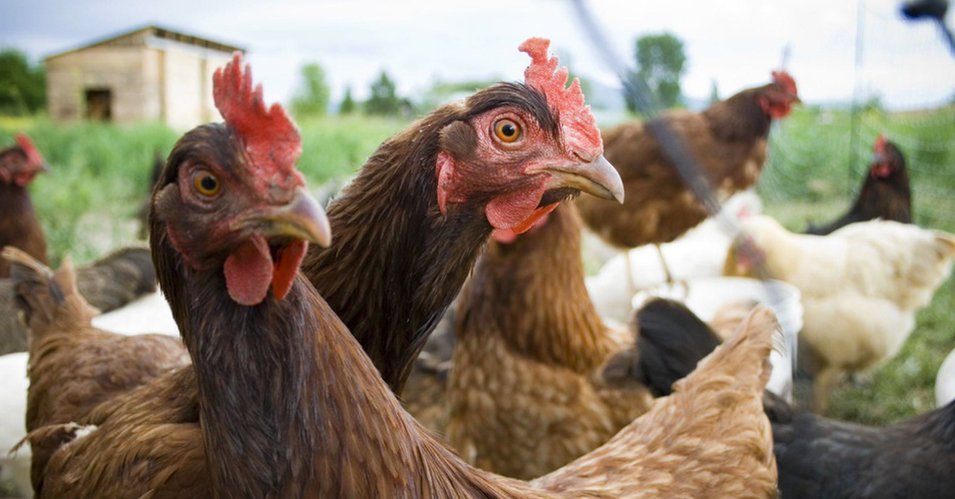
WHAT IS BIOSECURITY?
What is Biosecurity?
‘Procedures or measures designed to protect the population against harmful biological or biochemical substances’.
Why is Biosecurity important in Agriculture? Farm biosecurity is a set of measures designed to protect a property from the entry and spread of pests, diseases and weeds. Farm biosecurity is your responsibility, and that of every person visiting or working on your property.
What is Biosecurity? Biosecurity refers to all the measures taken to minimise the risk of infectious diseases caused by viruses, bacteria or other microorganisms entering, emerging, establishing or spreading in Australia, potentially harming the Australian population, our food security and economy.
How important is Biosecurity? Biosecurity practices can: prevent the introduction and spread of disease. protect humans from zoonotic diseases (diseases that are transmissible between animals and humans) demonstrate commitment to animal health and food safety.
What are the three Biosecurity elements? A biosecurity plan encompasses three major components of protection: physical security, personnel reliability, and information security.
What are the different types of Biosecurity? Biosecurity is made up of three separates, but often blended, sets of actions and overlapping components. These are bio-exclusion, biocontainment, and bio-management.
How important is maintaining Biosecurity practices? Good biosecurity practices can help prevent pests and diseases establishing on your property and spreading to neighbouring properties. Simple things you can do to care for your animals: provide clean water and sufficient food. regularly clean their living area.
How can Biosecurity be improved? Greater monitoring and managing of all entries & exit to properties by anyone or anything.










